What went wrong with the German economy?
‘Deep-rooted’ and ‘knotty’ problems threaten return of ‘sick man’ label
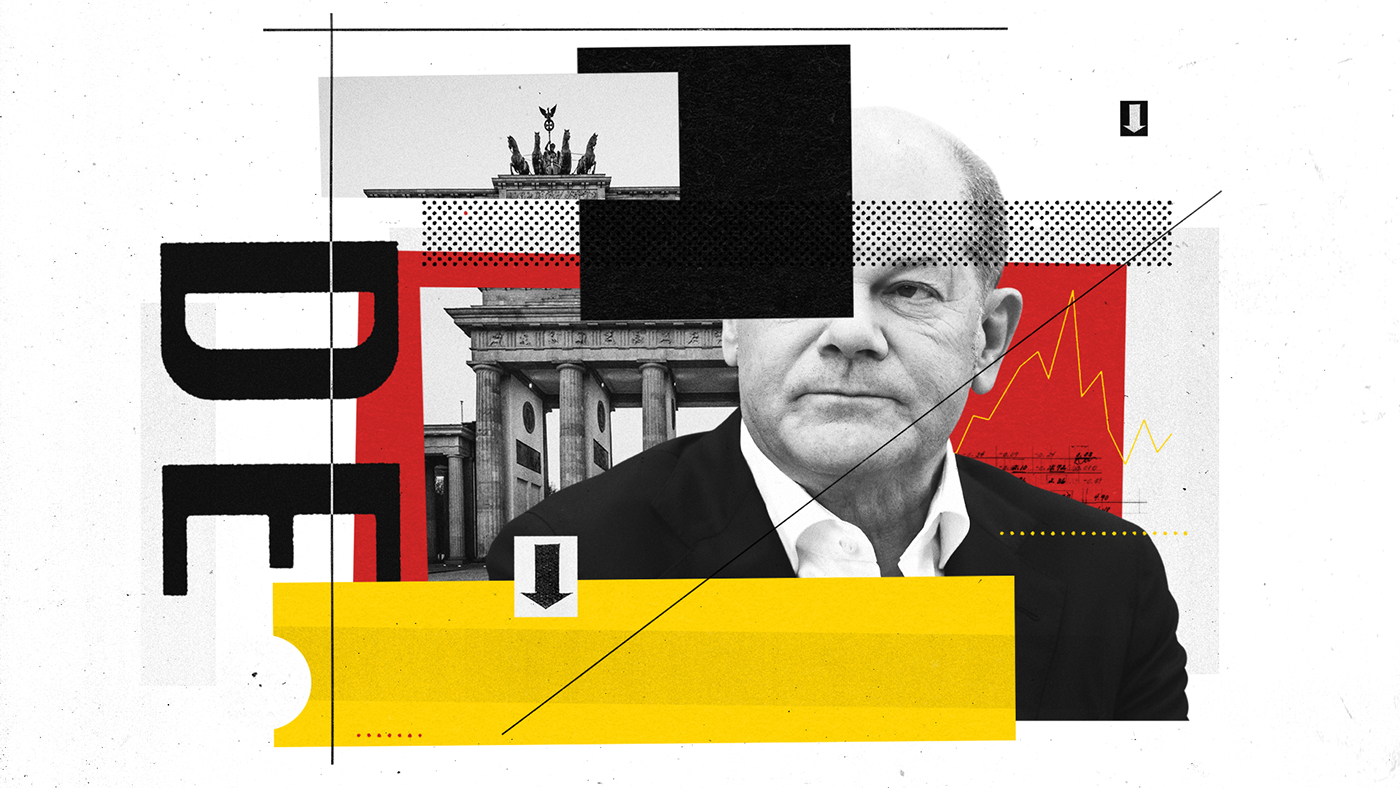
A free daily email with the biggest news stories of the day – and the best features from TheWeek.com
You are now subscribed
Your newsletter sign-up was successful
Europe’s largest economy is engulfed by gloom following forecasts that it will suffer the G7’s only contraction this year.
The International Monetary Fund is predicting that the German economy will shrink by 0.3%, compared with an overall average rise of 0.9% for the 20 countries that use the euro currency. Nearly 25 years after Germany “shrugged off its ‘sick man of Europe’ label”, said CNN’s global market writer Anna Cooban, “the phrase is making a comeback”.
What did the papers say?
“Sticky inflation” and “three straight quarters of falling or stagnating output” have left the German economy “in the doldrums”, wrote Cooban. Inflation is “running hotter” than in most of its European neighbours, which is “eroding Germans’ purchasing power”.
The Week
Escape your echo chamber. Get the facts behind the news, plus analysis from multiple perspectives.

Sign up for The Week's Free Newsletters
From our morning news briefing to a weekly Good News Newsletter, get the best of The Week delivered directly to your inbox.
From our morning news briefing to a weekly Good News Newsletter, get the best of The Week delivered directly to your inbox.
Resulting falls in private and public spending were the “main drivers” as Germany entered recession last winter, she continued, and higher interest rates have “hit Germany’s residential building sector hard”.
Klaus Wohlrabe, deputy head of the Munich-based Institute for Economic Research, told the broadcaster that a drastic rise in construction costs was “choking off new business”.
The broader industrial sector has also “taken a knock”, Cooban reported. Official estimates show that industrial output contracted by 1.7% year-over-year in June.
And latest survey results reveal that German business activity, spanning both services and manufacturing, fell in August at the fastest pace since May 2020.
A free daily email with the biggest news stories of the day – and the best features from TheWeek.com
Emerging rival economies such as China now “pose a considerable threat”, said The Economist, “not least to carmakers”. Germany’s “famous old brands”, such as BMW, Mercedes, Porsche and Volkswagen, “risk being left behind” as consumers switch to electric vehicles.
The combined market capitalisation of the four behemoths is now “less than half that of Tesla”, the paper continued. “Much like the German economy as a whole”, their business model was “working just too well to adapt” – until it wasn’t.
Where it all went wrong is a matter of much speculation. Although the pandemic “snarled supply chains”, said CNN’s Cooban, and the war in Ukraine caused “much of Germany’s current predicament”, experts argue that “many of its problems run deeper, and are self-inflicted”.
Germany has “simply not done any economic reforms over the last 10 years”, said Carsten Brzeski, global head of macroeconomic research at ING, and has “fallen behind” in “all international rankings when it comes to digitalisation, infrastructure, international competitiveness”.
Berlin is now “waking up to this reality”, he added.
Critics also point to the bureaucracy that “is a way of life in Germany”, said The Telegraph’s economics editor Szu Ping Chan. Germans “spend hours completing forms to obtain permission for everything from getting a passport to driving machinery along the autobahn” and “most of it has to be done in person”.
This tendency for old-fashioned paperwork “hinders businesses” and has become a major barrier to economic growth, said Ulrich Hopper, director general of the German-British Chamber of Industry and Commerce. “We need too many permits for so many things,” he told the paper.
Germany’s problems are “deep-rooted” and “knotty”, said The Economist. And they show “little sign of being fixed”. The country is exposed to the “triple whammy” of industry that “looks vulnerable to foreign competition and geopolitical strife”; a “journey to net-zero emissions” that “will be difficult”; and a workforce that is “unusually elderly”. To make matters worse, the state appears “ill-prepared” for the challenges ahead.
The resulting pessimism has political ramifications. With the economy “struggling”, and “important” economic indicators “pointing in the wrong direction”, said Deutsche Welle, ordinary Germans are “worried”, causing a “loss of faith in the country’s traditional parties”.
What next?
Business groups and economists are calling on the German government to intervene to help the “crisis-hit” construction industry, said the Financial Times. As a “wave of insolvencies” claims a growing number of high-profile property developers, Chancellor Olaf Scholz cabinet has passed a €7bn package of corporate tax relief that included new rules on the depreciation of investment costs for builders.
Building Minister Klara Geywitz has insisted that the measures should help “really rev up” housing construction in Germany. But the rule change was dismissed as a mere “drop in the ocean” by Dirk Salewski, head of BFW, the German association of independent real estate and housing companies.
Some are sounding more optimistic notes for the long-term outlook, however. Economist Holger Schmieding, who coined the “sick man of Europe” label in 1998, argued in a recent research paper that the “current wave of pessimism” was overdone.
Schmieding, now chief economist at Berenberg, said Germany was in a “much stronger position” than the late 1990s. Today, the country enjoys record levels of employment and strong public finances that make “it much easier to adjust to [economic] shocks”, he wrote.
The Economist was unconvinced. Back in the 1990s, said the paper, German politicians “embarked on painful reforms, which ended up being assisted by favourable conditions in the global economy, not least a boom in emerging markets”. But “there is no such boom in sight now”.
Chas Newkey-Burden has been part of The Week Digital team for more than a decade and a journalist for 25 years, starting out on the irreverent football weekly 90 Minutes, before moving to lifestyle magazines Loaded and Attitude. He was a columnist for The Big Issue and landed a world exclusive with David Beckham that became the weekly magazine’s bestselling issue. He now writes regularly for The Guardian, The Telegraph, The Independent, Metro, FourFourTwo and the i new site. He is also the author of a number of non-fiction books.
-
 The Week Unwrapped: Do the Freemasons have too much sway in the police force?
The Week Unwrapped: Do the Freemasons have too much sway in the police force?Podcast Plus, what does the growing popularity of prediction markets mean for the future? And why are UK film and TV workers struggling?
-
 Properties of the week: pretty thatched cottages
Properties of the week: pretty thatched cottagesThe Week Recommends Featuring homes in West Sussex, Dorset and Suffolk
-
 The week’s best photos
The week’s best photosIn Pictures An explosive meal, a carnival of joy, and more
-
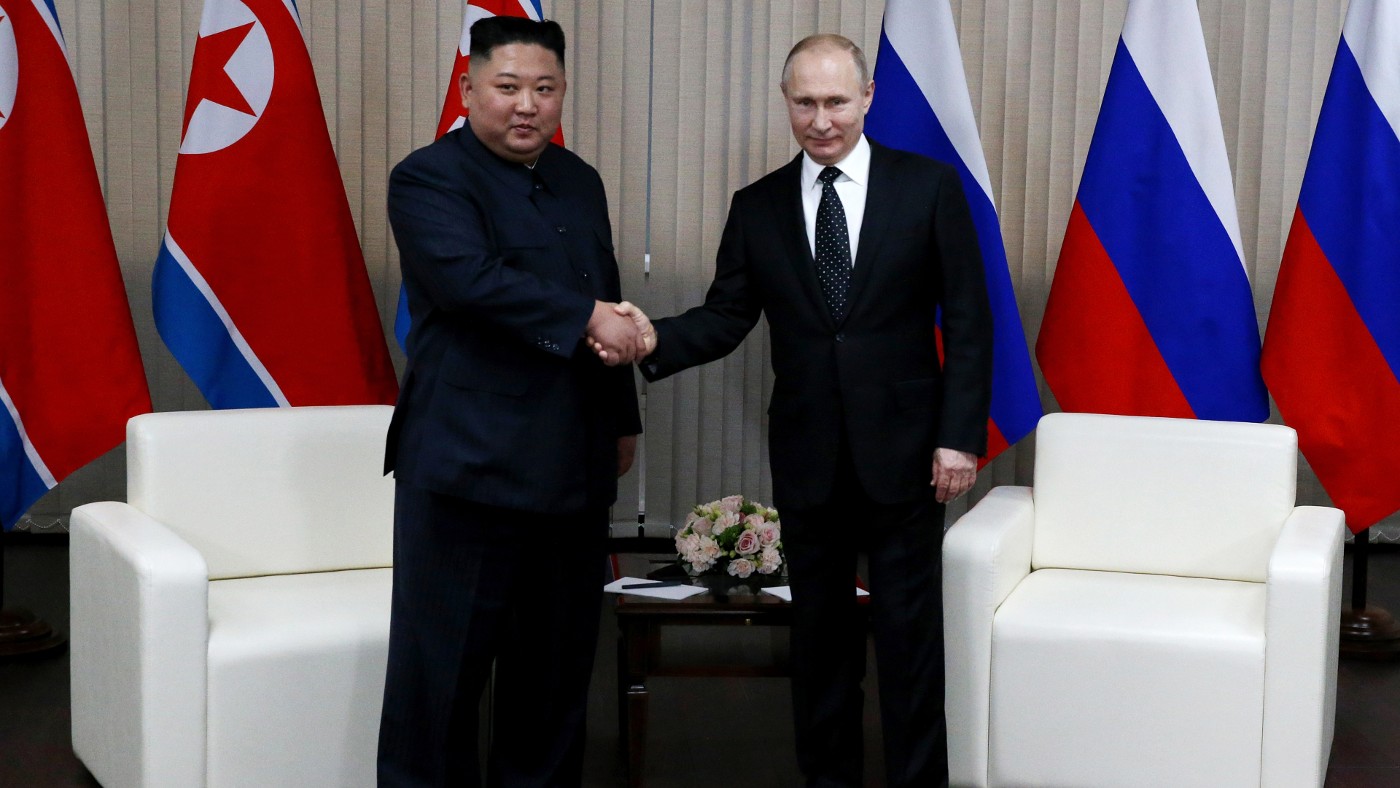 Would North Korean weapons tilt the war Russia’s way?
Would North Korean weapons tilt the war Russia’s way?Today's Big Question Putin wants to boost ‘depleted stocks’ but Pyongyang’s arms may be in poor condition
-
 Why are so many local councils on the brink of bankruptcy?
Why are so many local councils on the brink of bankruptcy?Today's Big Question Inflation, underfunding and growing demand for services has put pressure on local authorities at the worst time
-
 UFO hearing: why is Washington suddenly embracing aliens?
UFO hearing: why is Washington suddenly embracing aliens?Today's Big Question Speculation of extraterrestrial life has moved from ‘conspiracy fringe’ to Congress
-
 Can the Ukraine-Russia Black Sea grain deal be rescued?
Can the Ukraine-Russia Black Sea grain deal be rescued?Today's Big Question The Kremlin’s termination of agreement has sparked fears among food-insecure countries
-
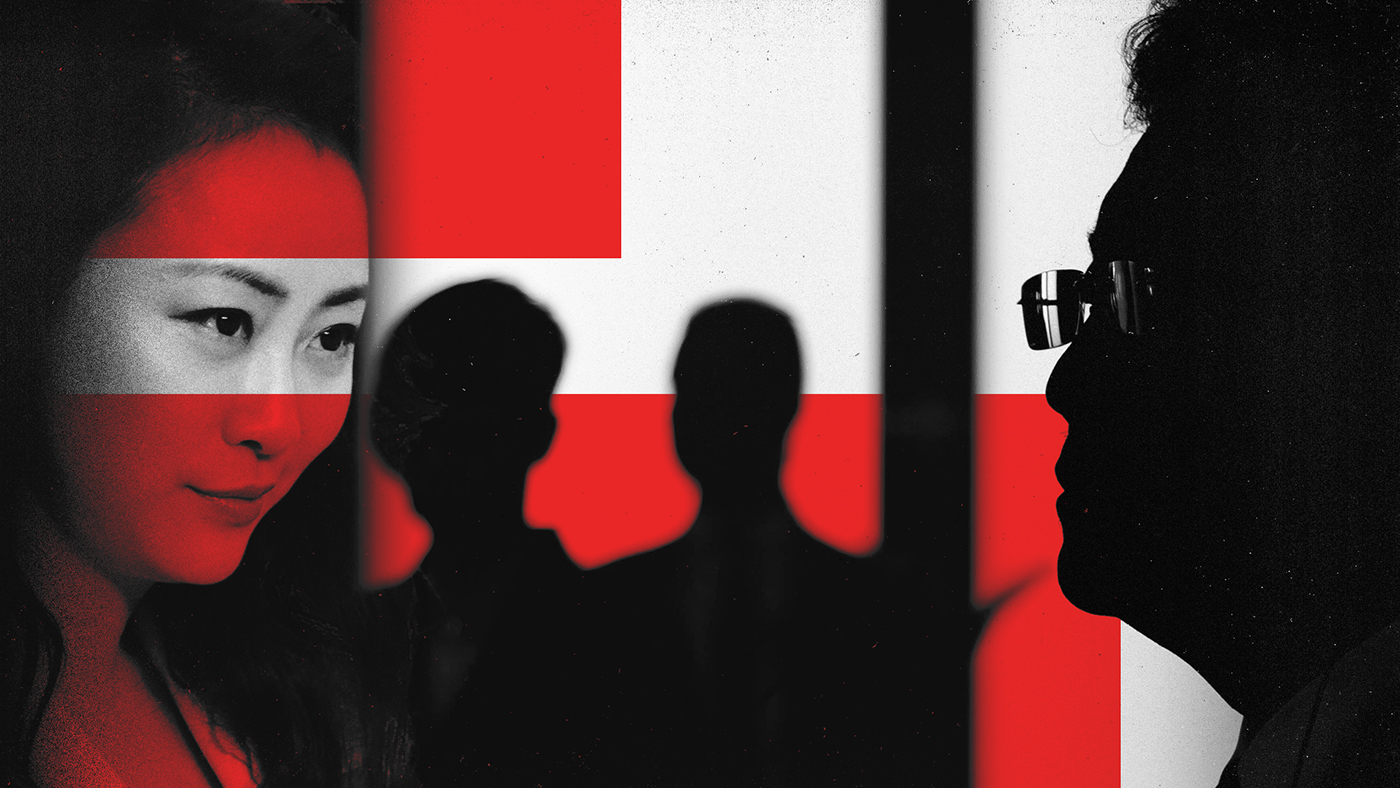 Where is China’s missing foreign minister Qin Gang?
Where is China’s missing foreign minister Qin Gang?Today's Big Question Three-week absence coincides with rumours of an affair with Hong Kong TV presenter Fu Xiaotian
-
 What happened to the missing Titanic sub?
What happened to the missing Titanic sub?Today's Big Question Oxygen supplies running out after vessel lost contact during ‘daredevil’ trip
-
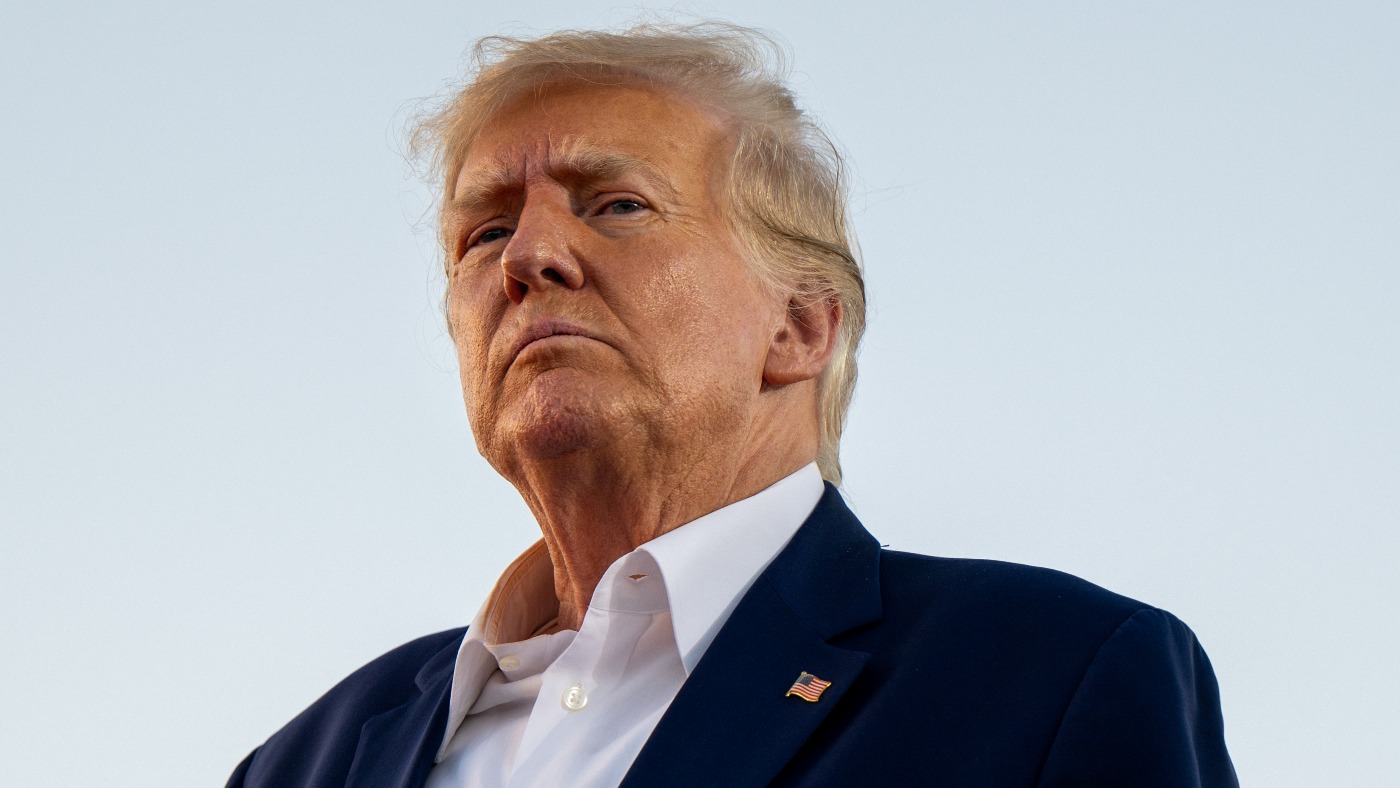 Donald Trump indicted again: is latest threat of prison a game changer?
Donald Trump indicted again: is latest threat of prison a game changer?Today's Big Question The former president ‘really could be going to jail’ but Republicans ‘may not care’ say commentators
-
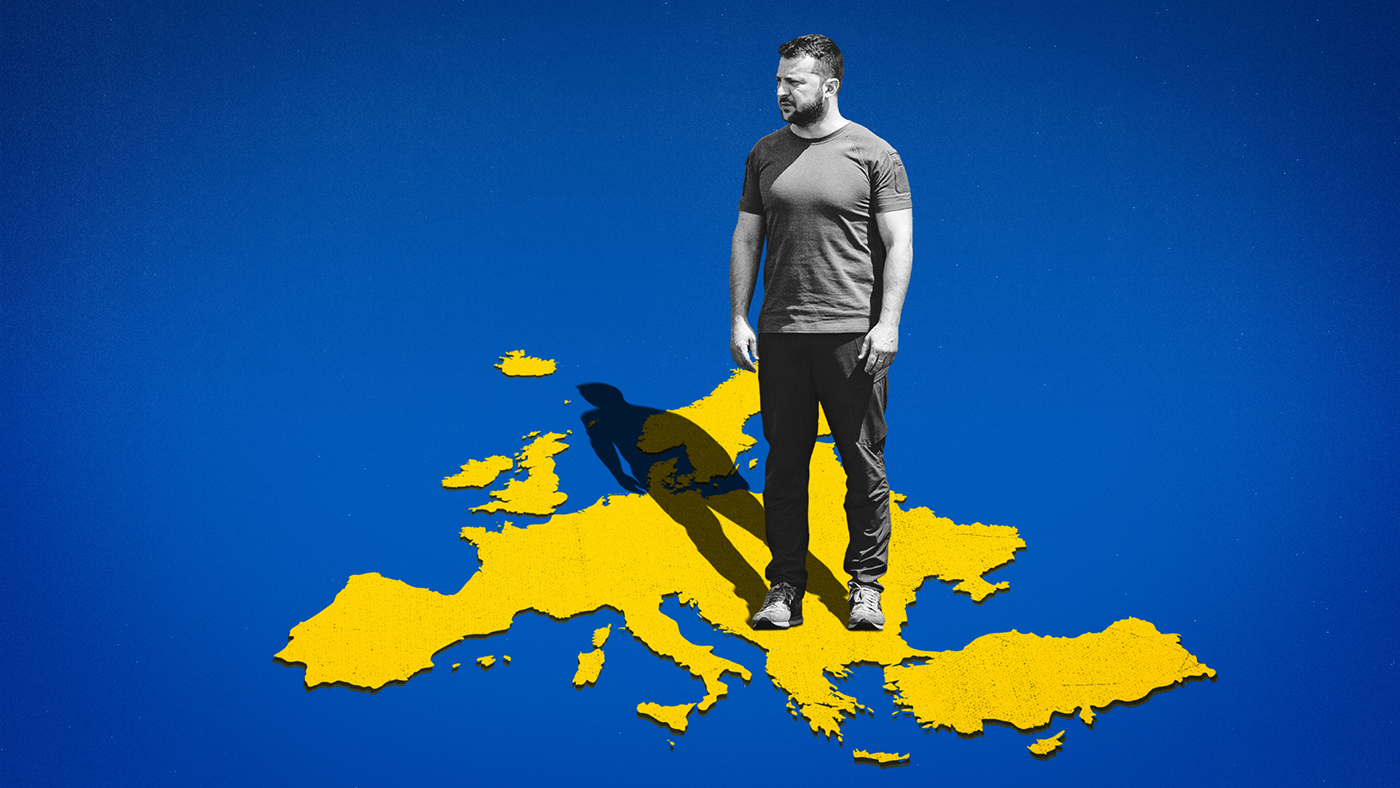 How fruitful was Zelenskyy’s European tour?
How fruitful was Zelenskyy’s European tour?Today's Big Question Ukraine’s president visits Rome, Berlin, UK and Paris in bid to increase the supply of weapons from allies